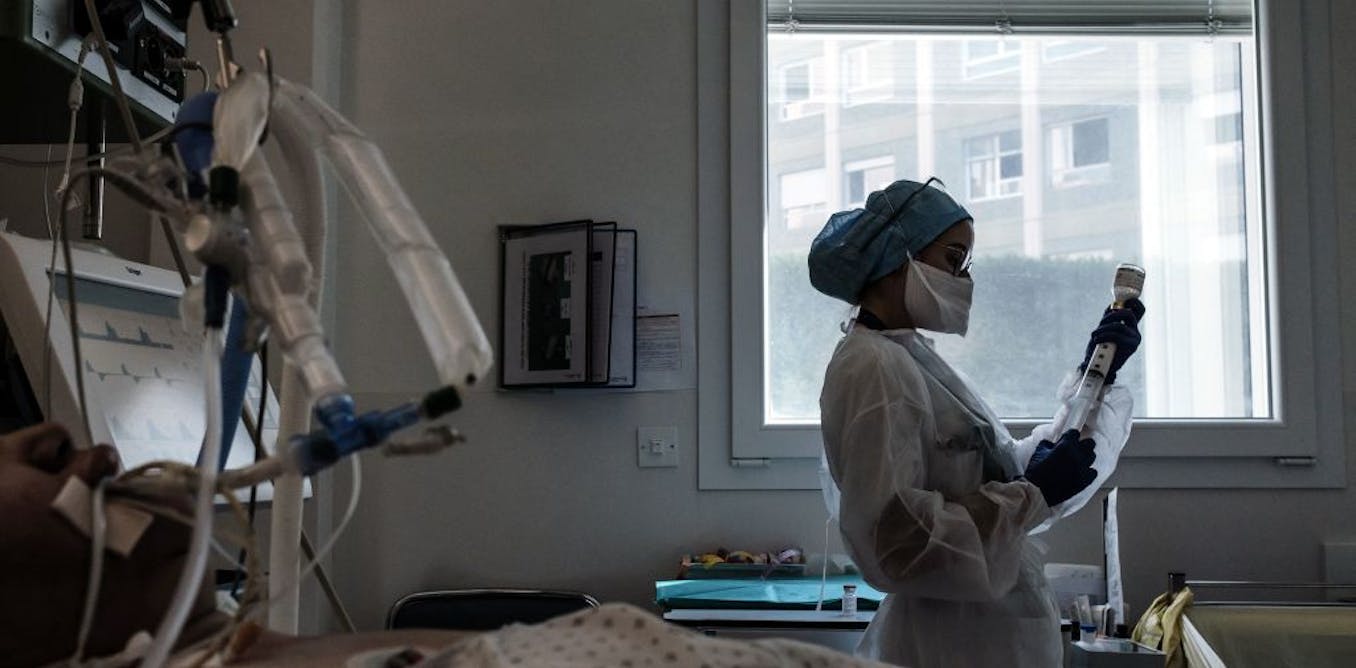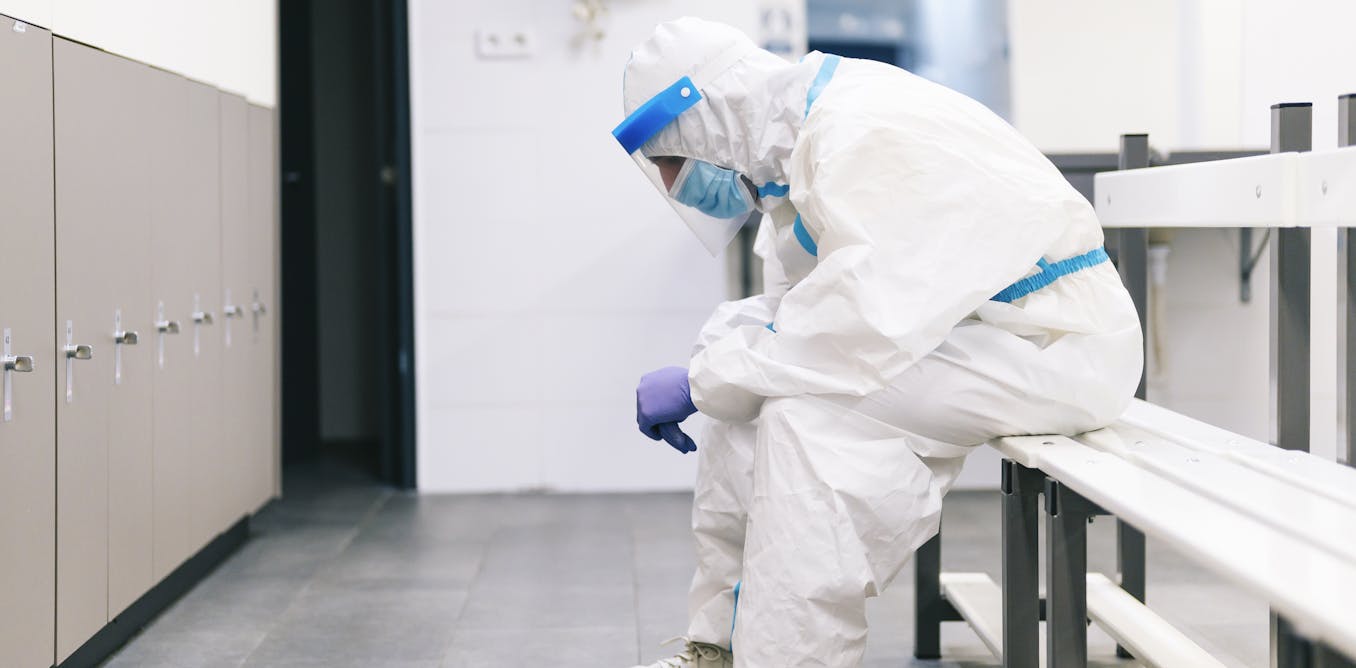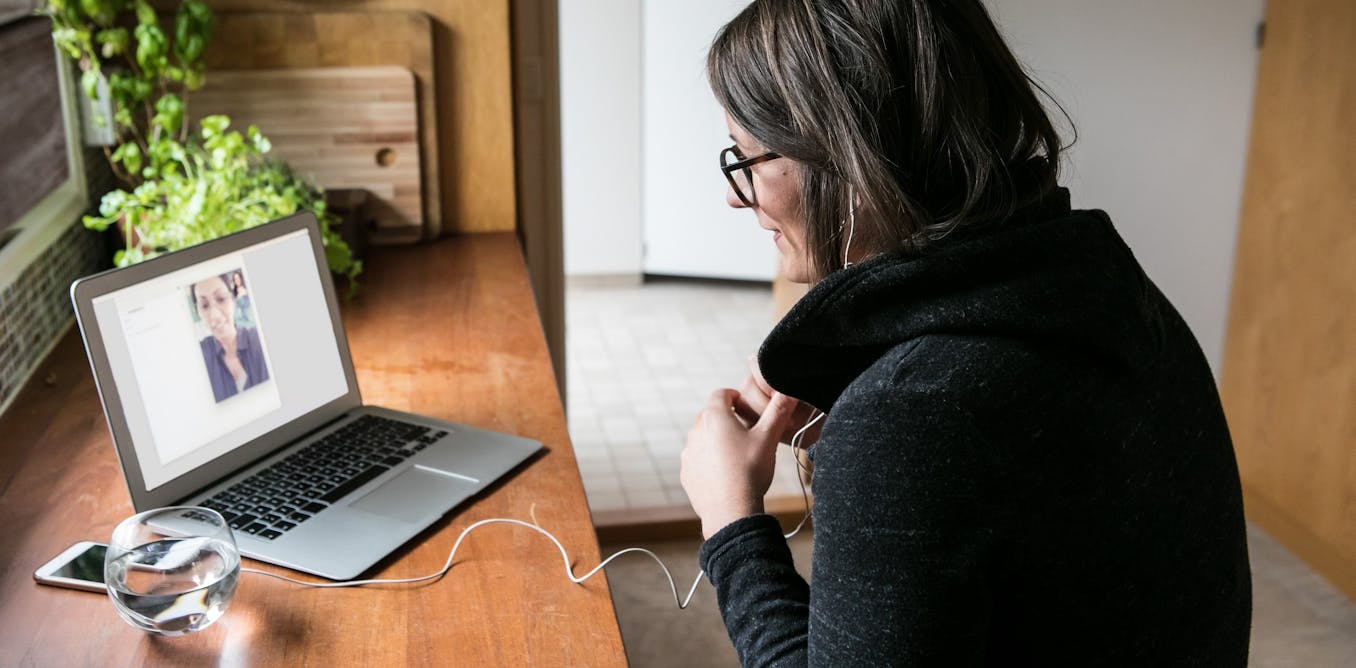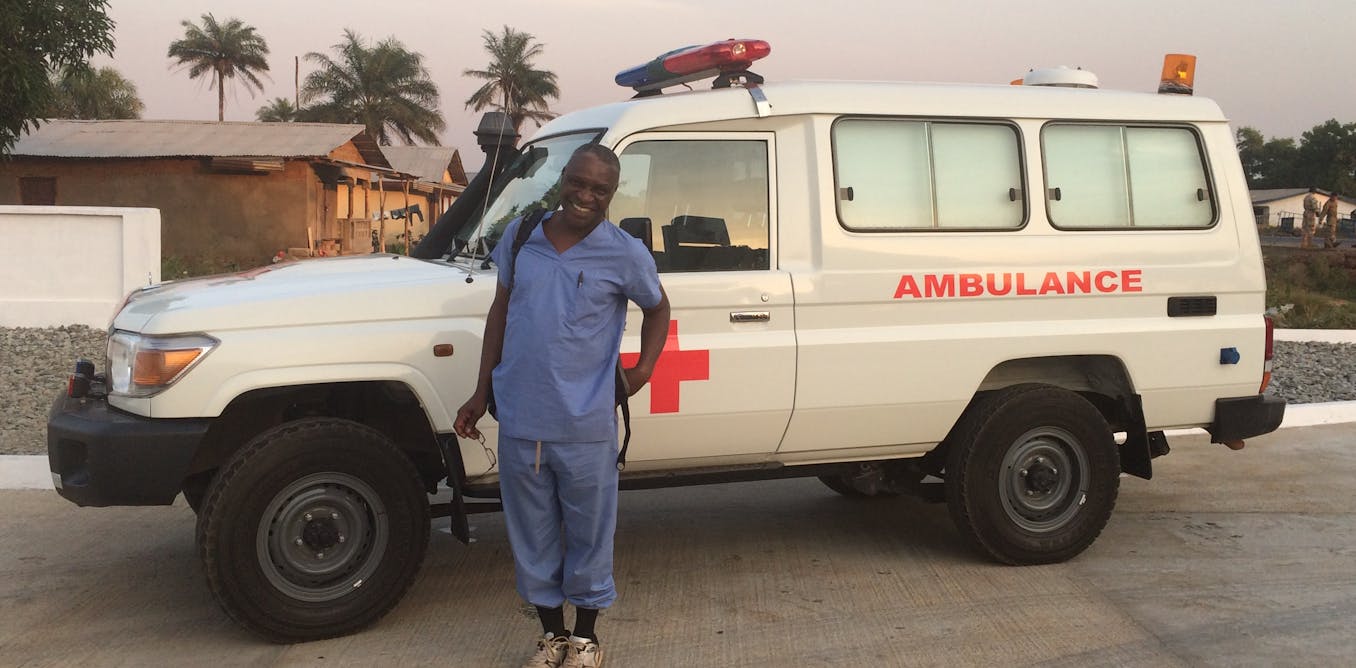During a COVID-19 surge, ‘crisis standards of care’ involve excruciating choices and impossible ethical decisions for hospital staff
A physician-bioethicist reflects on how health professionals are yet again facing painful reminders of the early months of the pandemic.
Dec. 22, 2021 • ~11 min








